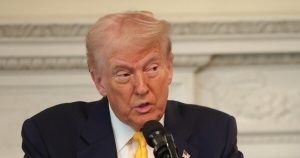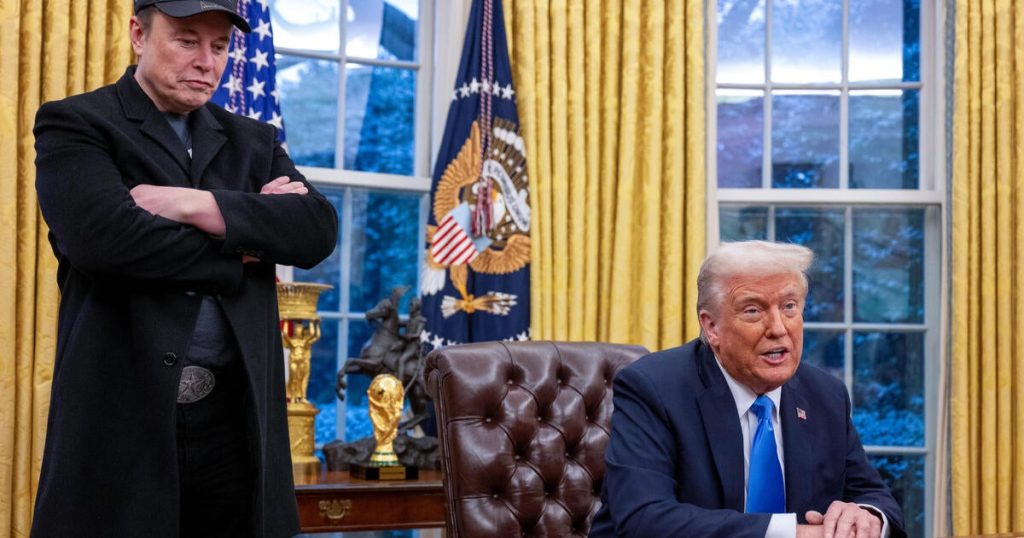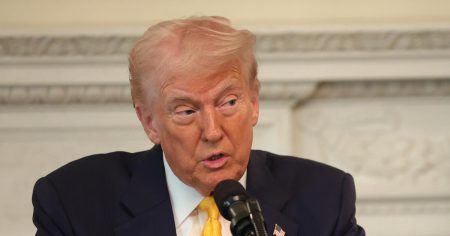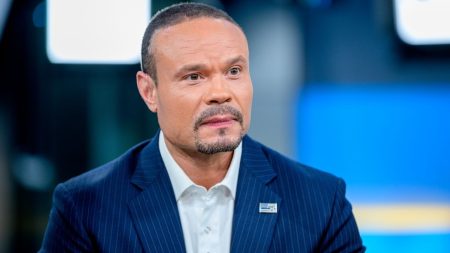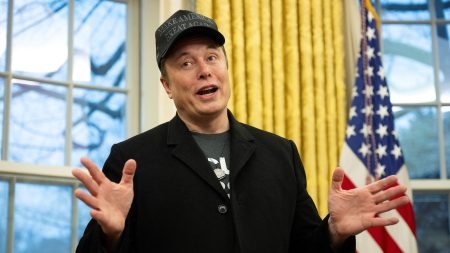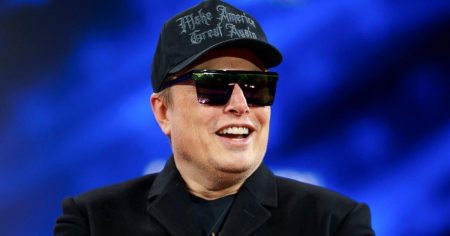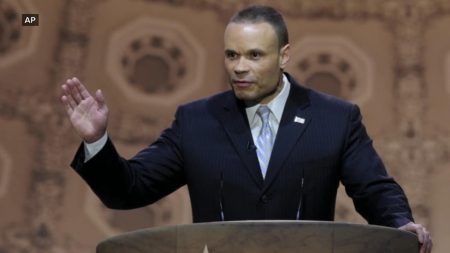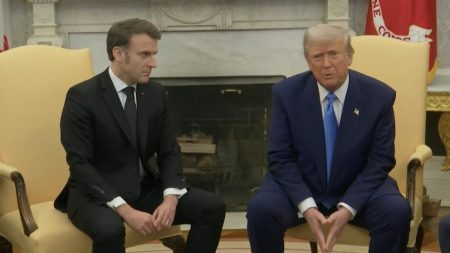Elon Musk’s Role in the Trump Administration: Understanding the Controversy
Introduction: Elon Musk as a Senior Adviser
Elon Musk, the visionary entrepreneur behind Tesla and SpaceX, has taken on a new role as a senior adviser to former President Donald Trump. This position, part of the Department of Government Efficiency (DOGE), aims to cut federal costs. However, a recent court filing clarifies that Musk holds no formal authority, acting solely as an adviser. This distinction is crucial, as it separates his role from that of a decision-making government official. Musk’s influence is significant, yet his responsibilities remain advisory, guiding the President without executing decisions.
The DOGE Initiative: Aims and Objectives
The DOGE initiative, established by President Trump, focuses on eliminating fraud and waste across agencies like the Treasury Department and the IRS. Musk, leading this task force, emphasizes the use of straightforward strategies to reduce federal spending. His involvement has drawn attention, particularly during his appearance in the Oval Office, where he outlined DOGE’s mission. Despite its goals, the initiative faces criticism, including concerns over access to personal data of millions of Americans and businesses, raising red flags among lawmakers and consumer advocates.
Legal Challenges and the Court Filing
A recent court filing has shed light on Musk’s role, revealing he lacks formal authority in government decisions. This clarification comes amid a lawsuit against Musk, DOGE, and President Trump by 14 states, alleging Musk’s actions exceed his authority. The lawsuit questions his role as an unelected individual influencing federal operations, accusing him of unraveling agencies and causing chaos. The legal challenge underscores concerns about the consolidation of power and constitutional implications, highlighting the tension between Musk’s advisory role and perceived overreach.
Elon Musk: A Special Government Employee
Musk’s status as a Special Government Employee (SGE) allows him to work up to 130 days in a year without pay, keeping his financial disclosures private. This position, created in 1962, enables the government to tap external expertise. Musk’s unpaid role is compared to Anita Dunn’s under the Biden administration, where she served as a special adviser. This designation highlights how external experts can contribute without formal authority, yet it sparks debate about influence and accountability in governance.
Conflict of Interest Concerns
Musk’s leadership in DOGE while heading companies like Tesla and SpaceX, which receive federal contracts, raises eyebrows. Critics question potential conflicts of interest, where Musk might influence policies benefiting his businesses. Musk dismisses these concerns, asserting DOGE’s transparency. He argues that the task force’s openness allows the public to assess whether his actions favor his companies. This defense emphasizes accountability through visibility, though critics remain skeptical.
Transparency Claims and the Path Forward
Musk, known for his innovative approach, stands by his commitment to transparency in DOGE’s operations. He believes the initiative’s clarity will demonstrate the absence of self-serving actions. As the legal challenges progress, the courts will evaluate the constitutionality of his role. The outcome could set precedents for how the government engages external experts, balancing innovation with accountability. The situation remains complex, with Musk’s role continuing to draw both support and scrutiny.
In conclusion, Elon Musk’s role in the Trump administration as a senior adviser to DOGE is marked by both ambition and controversy. While his expertise brings fresh perspectives, it also raises significant legal and ethical questions about power and influence in governance. As the situation unfolds, the balance between innovation and accountability will be crucial in shaping the future of such advisory roles.

